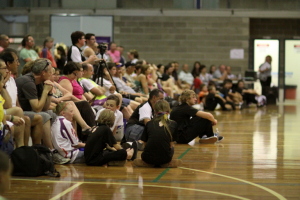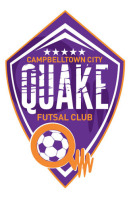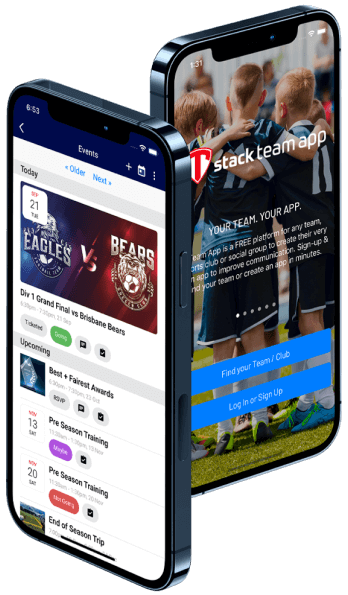General guidelines for volunteer Ground Officials in football
The role of a Ground Official during a game is very important in maintaining a safe, enjoyable and harassment free atmosphere. Their primary responsibility is to the welfare of the Referees and Assistant Referees and the provision of adequate safety for the protection of players and the public.
Ground Officials should act impartially and assist other ground officials with any duties when required.
Ground Officials must wear a yellow or orange fluorescent coloured vest and be visible to all players, referees and spectators during scheduled games.
To assist further, we have posted as follows a list of ‘Duties’ and a list of ‘tips for safety and conflict resolution. However, you should also check with your own club to see if there are any additional local requirements of officials.
Should you have any further questions regarding the role of Ground Official you should seek assistance or clarification from your club or Football NSW Futsal Department.
General Ground Official Responsibilities
- Wear a fluorescent yellow or orange vest for easy identification
- Act impartially
- Be visible at all times during the game
- Don’t sit down during the game unless regulations require you to
- Assist in maintaining the safety of referees and assistant referees
- Monitor spectator behaviour during game
- Discourage and address any verbal abuse by spectators
- Keep spectators out of prohibited areas, including the field of play
- Allow only players, coaches and managers on team benches
- Assist in ensuring players and coaches only enter the field when invited to do so by the Referee
- Keep spectators and particularly children away from goal posts
- Alert the club/referees if you notice a portable goalpost is unsecured or anything hazardous
- Alert the club if you notice anyone acting suspiciously, particularly near children or change rooms.
- There are child protection laws which protect physical and emotional abuse of children. (This can be pointed out to coaches, spectators and parents)
- Ensure any incident is documented immediately and provided to the club and/or competition organizers
Tips for Safety and Conflict Resolution
- Consider your own safety first and monitor a situation before entering into it
- Speak pleasantly and remain calm
- Be aware of the tone of your voice and the type of language you use
- Use non-aggressive body language (eg. Don’t point your finger or have your hand on your hips)
- Invite any offender to move to an area away from children
- Don’t become emotionally involved or take anything personally
- Be patient and stay calm no matter what the person says or does
- If the conflict turns physical, don’t get involved – walk away if necessary – ask the home club to call the police immediately or call the police yourself
- Always look for signs of a situation getting out of hand (eg. tension growing on the sideline, poor refereeing) and act early to reduce any problems reaching boiling point
- Support other Ground Officials and seek their assistance if required
- Always remember to : Stop – Look – Listen – when responding to situations
- Always put your own safety and the safety of children first
In an Emergency
Ensure your own safety first and then arrange appropriate first aid for any injured persons if required.
Dial 000 for Police, Fire or Ambulance
(If you are on a mobile phone that has no service or is blocked you can also dial 112)
- When you call 000 you will be asked:
- What you require: Police, Fire or Ambulance
- Name of town and State you are in
- Name of the venue
- Address of the venue
- Nearest cross street or landmark (if known)
- What the emergency is
- Your name and phone number
- Answer all questions clearly and remain calm
Remain calm and notify those in charge at the venue that you have called 000. Once the call has finished help to ensure the approach to the venue and gates are open for approaching emergency vehicles so they have access to the incident or victim. Send someone to the entrance to meet the emergency vehicle and to guide them to the incident or victim.
When the emergency vehicle arrives assist where possible and keep spectators away as required.









